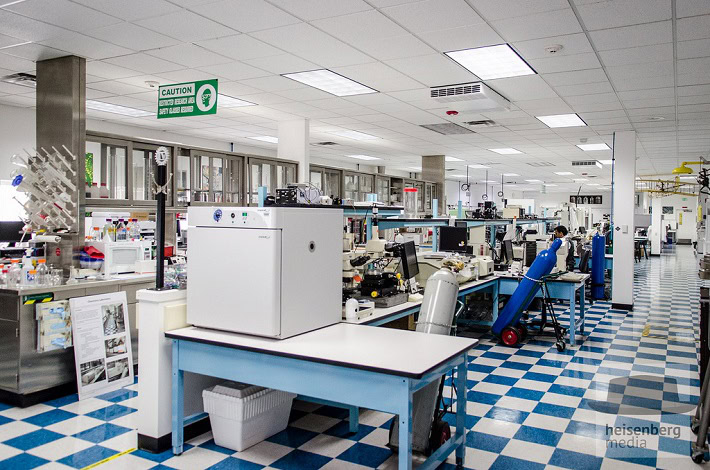Affiliate links on Android Authority may earn us a commission. Learn more.
Lobbyists continue to cut down any productive patent reform

Last year, mega patent-troll Intellectual Ventures opened up shop in Washington, D.C., to push their yearly million dollar lobbying effort. Since its founding in 2000, IV is believed to have raised about $6 billion in cash, of which it has recouped about $3 billion in extortion tactics licensing payments.
In December of 2013, Apple and Microsoft joined with the patent trolls to cut down any meaningful patent reform with a watered-down bill that was approved by the House Judiciary Committee. The Senate is expected to bring up the bill in the near future.
Sadly, TechDirt is reporting that the watered-down bill has been cut down even further to the point where there is little if any reason to think that actual reform will occur:
“Senate insiders insist that a “deal” is being made. The latest is that things have been pushed off for a few more weeks, as the patent abusers have been throwing their weight around quite a bit in the Senate. A manager’s amendment from Senator Leahy is still expected, but no one is quite sure what will be in it. From talking to a bunch of folks with knowledge of what’s going on, the general consensus is that while some are still optimistic, it seems quite likely that most of the useful stuff to stop patent abuse will get tossed out.”
Companies like Intellectual Ventures seem to be oblivious to the fact that companies such as themselves are the reason for the uncertainty in patent law today. Intellectual Venture’s boss lobbyist, Russ Merbeth has said:
“The current debate about patent trolls “seems to create uncertainty around patents generally,” said Russ Merbeth, chief policy counsel at Intellectual Ventures. “From our perspective, that’s going to have a long-term negative impact on American competitiveness.”
That uncertainty probably comes from situations like this where startups are forced to hire more lawyers than actual employees? Or when major city’s transit app was halted because someone tried claiming that they had the patent for “tracking vehicles” and “electronic updates” even though the person had never made a single application or device in his life?
Then again, there is some absolute certainty in the industry. When politicians get out of office, where do they go? They go to the same companies that have been lobbying them for years with high pay and little work to achieve.